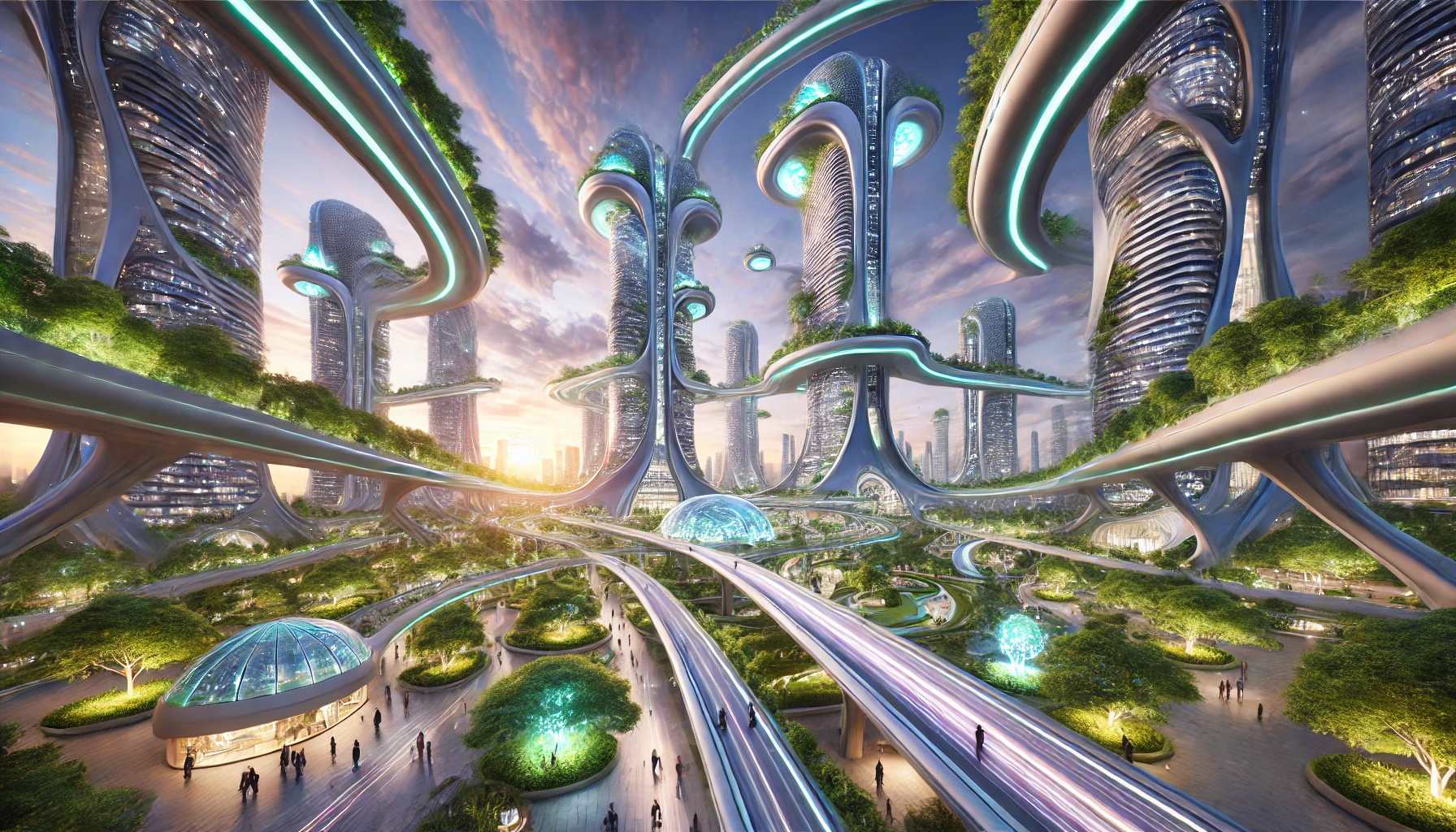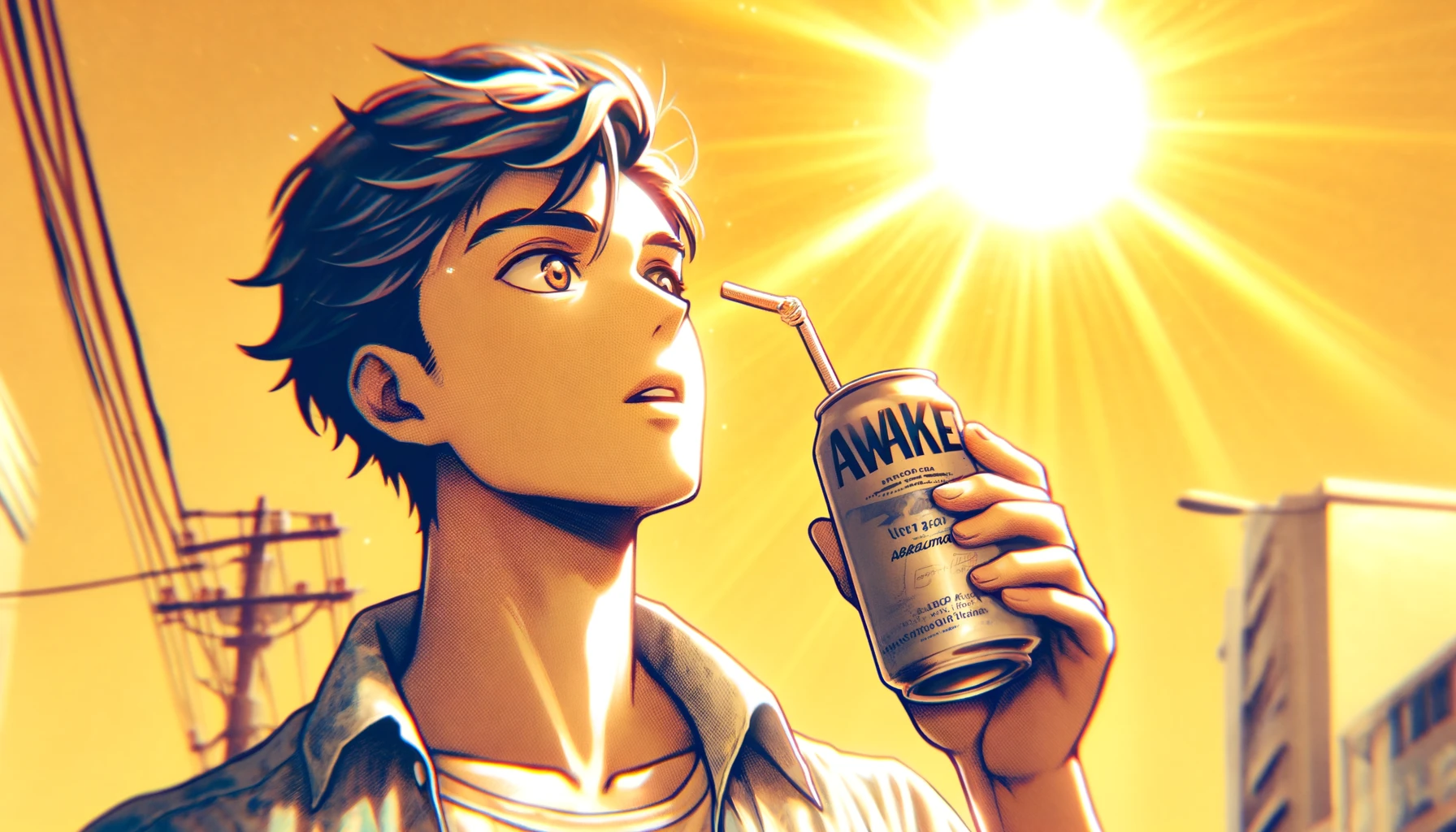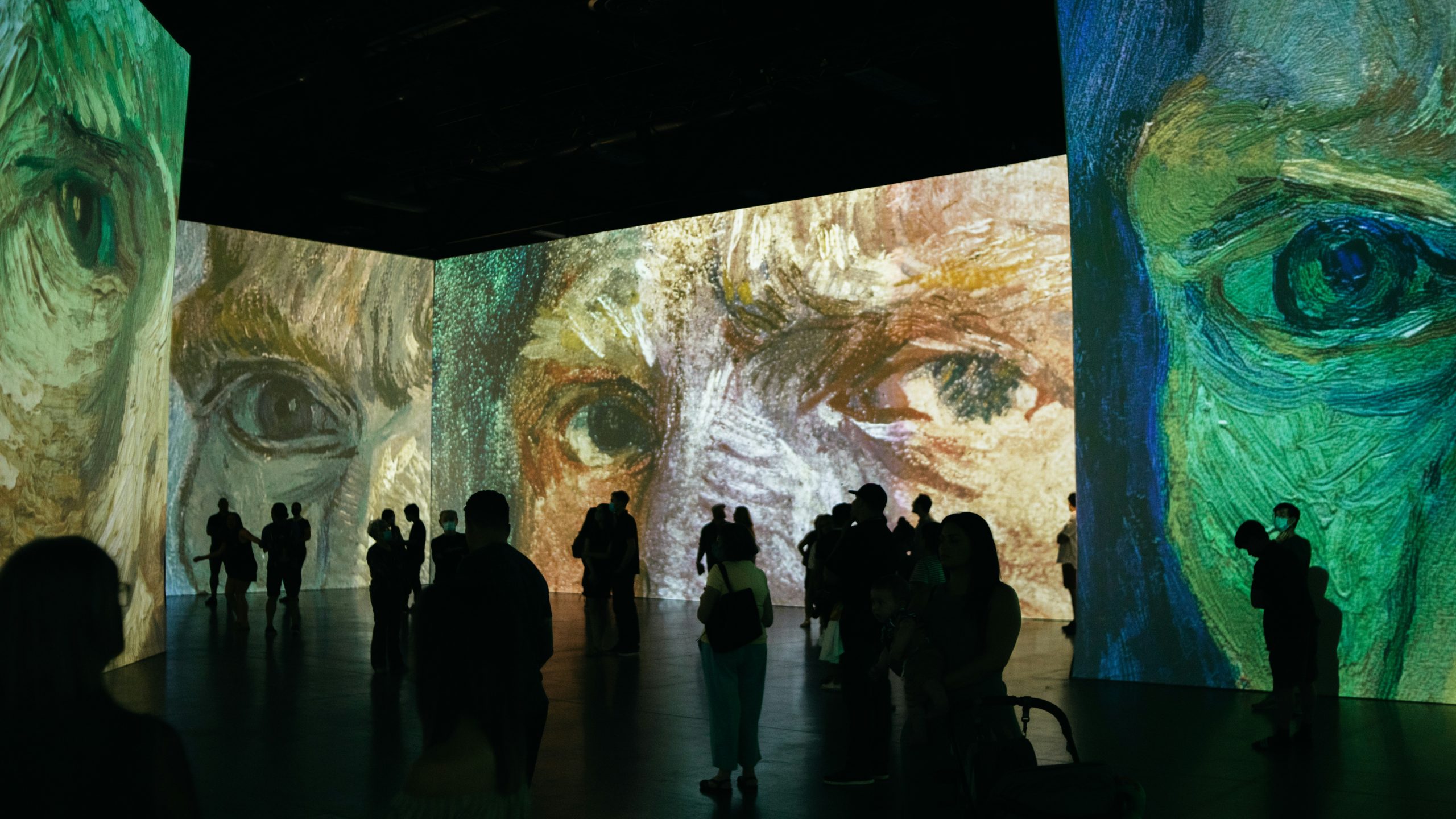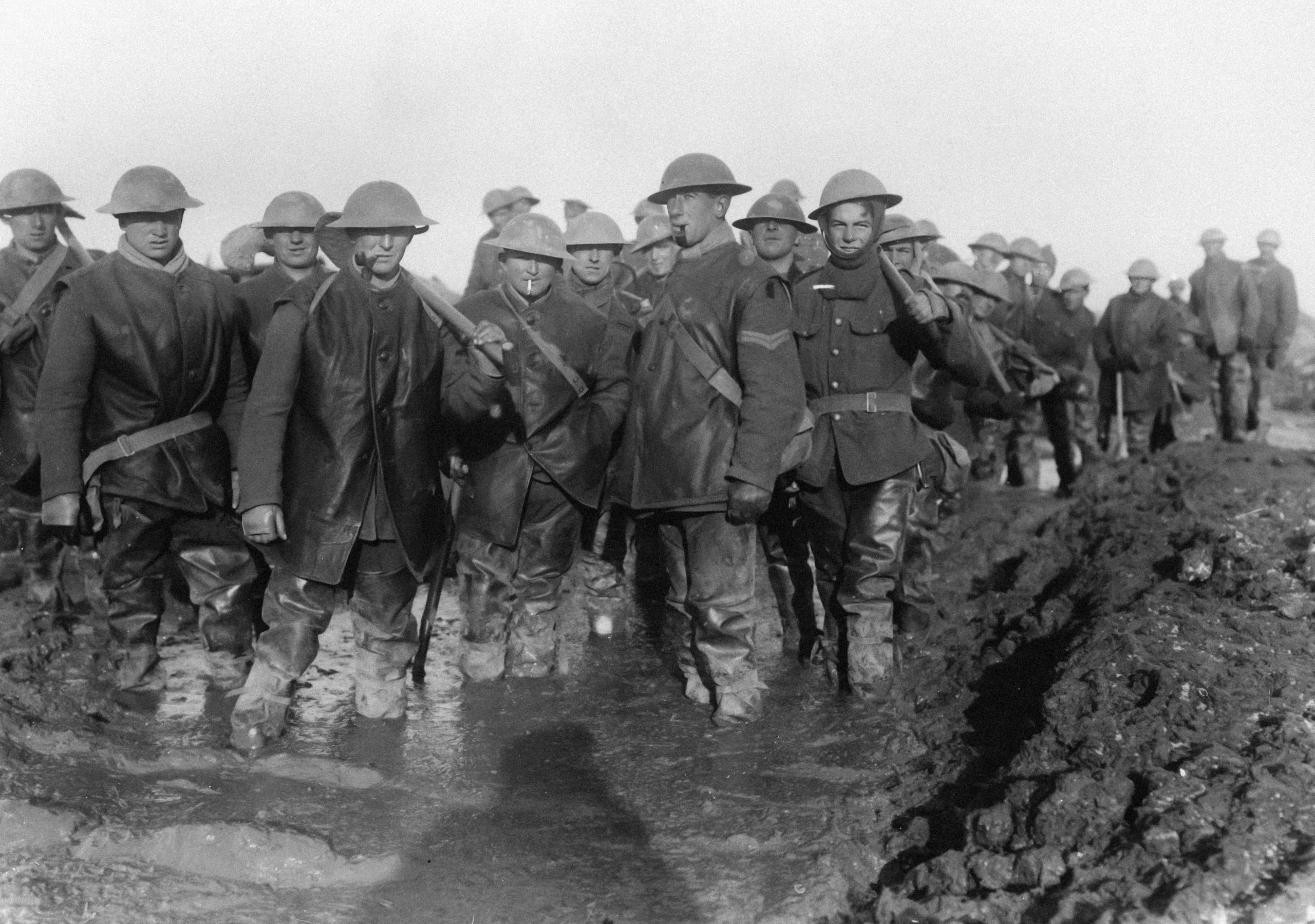You have but a limited time here in this one short life. Is it a trap or an opportunity? What do you really want from it? What are your truest aspirations? Are you willing to see through the fog and learn to accept things as they really are, or is it better to remain mixed up and subsumed in the fakery and delusion?
Tag: history
What if the sun is a local phenomenon? It sure behaves as if it is. How does that alter your perception of this realm? Does it make you cringe? Angry? Laugh out loud? Or does it affirm what you’ve suspected for a while now? It doesn’t matter to me. My purpose in this life is to shine a light on the lies, the shadows, and the darkness. In three words, it is quite literally to amplify the light. It is not to polarize, separate, and divide; it is to unify, intensify, and make vibrant and evident that which is real.
What the hell does it matter if you die penniless? You can keep nothing from your brief time in this world except the essence of your experiences, life lessons, and the love you cultivated, explored, gave, received, and remembered along the way.
Throughout the ages, humankind has existed in this realm amid a persistent conflict or contrasting of energies, a master wave comprised of myriad pulsing frequencies of smaller waves. This simulated reality construct maintains an oscillation of lived physical experience somewhere on the scale between good and evil. Regardless of the civilization, era, or epoch, it appears an uneasy homeostasis is perpetuated, whether by conscious and obvious or unconscious and subtle means. Whatever the circumstance, whatever the reason, the evidence is clear that neither good nor evil ever dominates entirely, but neither do they secede.




